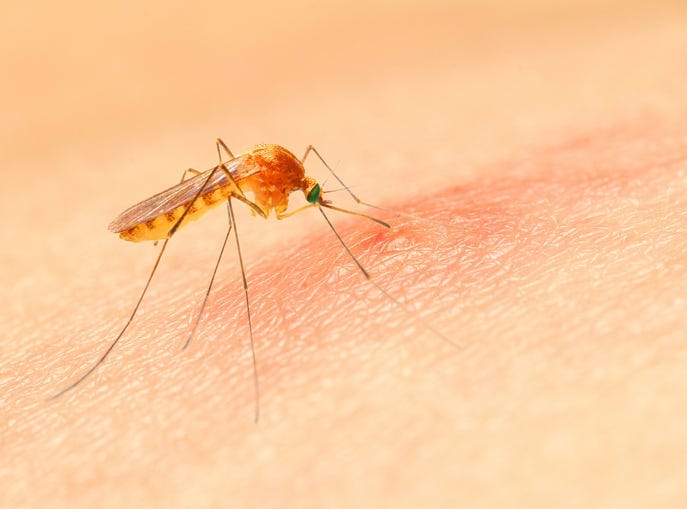
(WWJ) A fifth Michigan resident has died after falling ill from eastern equine encephalitis, a rare mosquito-borne virus.
The death was reported in an adult from Cass County, according to the Michigan Department of Health and Human Services (MDHHS).
There have been 10 cases of EEE this year in Michigan, which is more than each year in the past decade combined.
The human cases in 2019 are in Barry, Berrien, Calhoun, Cass, Kalamazoo and Van Buren counties. In addition, EEE been confirmed in 40 animals from 16 counties: Allegan, Barry, Berrien, Calhoun, Cass, Genesee, Jackson, Kalamazoo, Kent, Lapeer, Livingston, Montcalm, Newaygo, St. Joseph, Tuscola and Van Buren.
Although frost is predicted in parts of the state Monday night, the MDHHS urges Michiganders to continue to take action to protect themselves until the first hard freeze, when the temperature dips to 28 degrees.
“The risk of EEE continues if there has not been a sustained period of freezing temperatures,” said Dr. Joneigh Khaldun, chief medical executive and chief deputy for health for MDHHS. “We urge residents to continue taking precautions against mosquito bites.”
Signs of EEE include the sudden onset of fever, chills, body and joint aches which can progress to a severe encephalitis, resulting in headache, disorientation, tremors, seizures and paralysis. Permanent brain damage, coma and death may also occur in some cases. Anyone experiencing these symptoms should see a doctor.
Aerial treatment covering more than 557,000 acres targeting 14 counties was completed Oct. 7 to help combat EEE.
Residents are encouraged to visit Michigan.gov/EEE for the very latest information.
